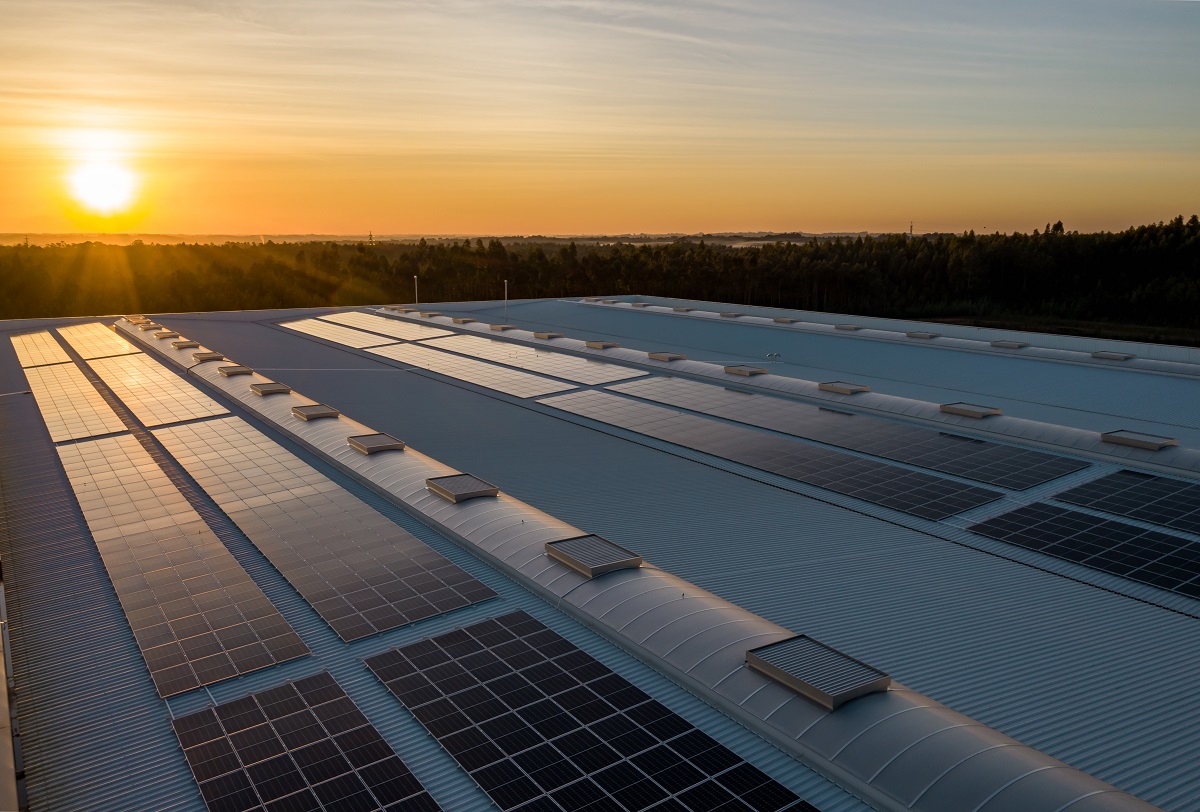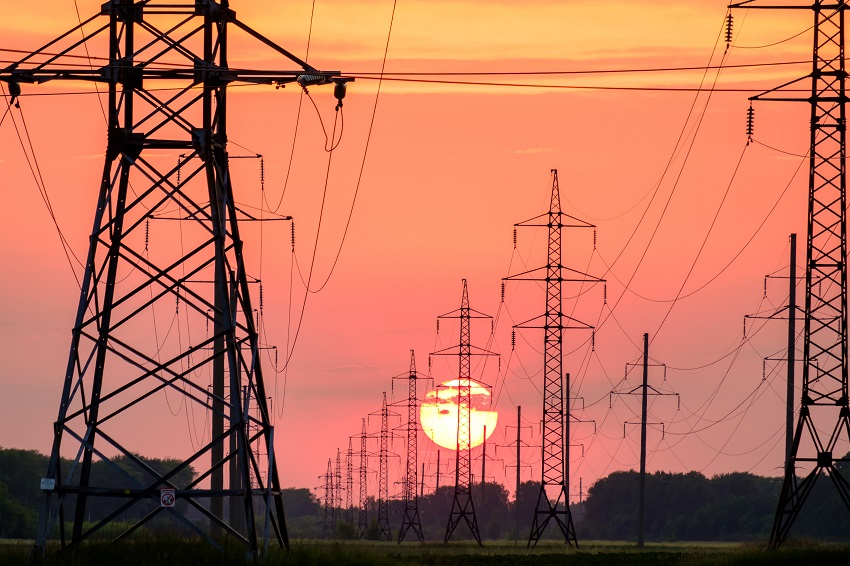
Asia has long dominated the manufacturing of solar modules, accounting for approximately 90% of production in 2020, as the industry sought low manufacturing costs. However, we see changes afoot and observe an increasing movement toward reshoring of solar manufacturing because of an increased focus on energy security. In the United States, recently passed manufacturing incentives as part of the Inflation Reduction Act of 2022 are set to unleash a dramatic buildout of solar manufacturing. We view First Solar (FSLR) uniquely positioned to capitalize on this policy given its different technology, existing manufacturing presence, and multiyear forward contracts. We view shares as fairly valued following a 47% jump year to date.
Why We Favour First Solar:
- U.S. manufacturing incentives for modules included in the Inflation Reduction Act will lead to a dramatic reshoring of the industry. We expect this to benefit First Solar’s relative competitive position.
- First Solar is uniquely positioned to capture an outsize share of incentives relative to competition via its different technology, existing U.S. manufacturing capacity, and multiyear forward contracting strategy.
- We raise our fair value estimate for First Solar to $135 per share from $100 after further refining our model to account for the recently passed legislation. We see room for First Solar to increase its U.S. capacity to 12 gigawatts by 2026 from fewer than 3 GW today.
U.S. Tariffs on Imported Solar Modules Have Largely Proven Ineffective
As industry capacity migrated to Asia, domestic producers in the U.S. sought trade protection over the years against what they argue are unfair trade practices by China competition. Despite tariffs being enacted in 2018, the U.S. solar industry has continued to largely rely on imports as tariffs have largely proved ineffective. The tariffs’ goal of establishing domestic production has largely been unsuccessful, with module firms instead migrating cell and module production to nontariff countries within Southeast Asia.
Following repeated failed success with tariffs to spur domestic solar module manufacturing, industry participants shifted to lobbying for domestic manufacturing incentives. This was ultimately successful, as desired incentives were included as part of the Inflation Reduction Act of 2022.




















